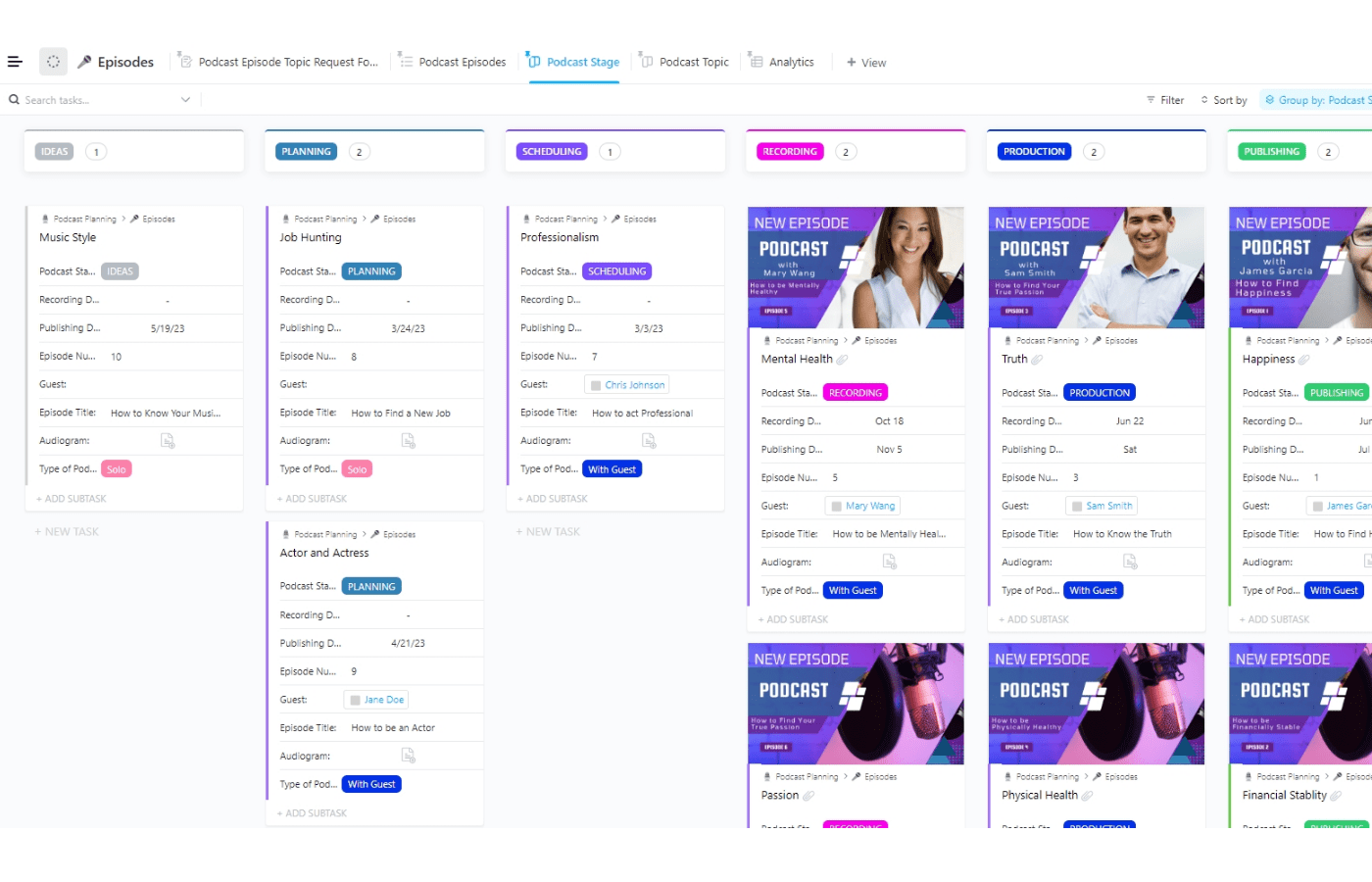A project is generally defined as a “temporary endeavor with a defined beginning and end “. A project manager has the responsibility of delivery projects. A successful project generally involves completing the project to scope, time and budget. An effective project manager should have:
- Organizational Ability ‚Äì for those that are described as “not being able to organize their way out of a paper bag ” project management may not be the right calling. Crisis managers may be able to have good short term success on some projects. Discipline of good documentation and records will support the consistent delivery of on-time and successful projects.
- Strong communication skills – are critical to liaise with stakeholders, clients and your project team. Clear communication to project leadership teams, steering committees or your own boss on the outcomes and progress of the project and in particular on anticipated changes ensures that they are well aware of the success of your project, and informed on any required changes.
- Ability to facilitate discussions ‚Äì A project manager should be able to organize collaboration between the project team and clients, and other technical resources to improve the project outputs. There is a key difference between a “chat fest ” and a well directed discussion.
- Financial understanding ‚Äì you don’t have to be an accountant to be a project manager. However it is critical to have an understanding of the budget build up and financial status of the project.
- Contractual skills – if your project is big enough you may have your own contractual manager with specific skills in contracts. However even in this case understanding the contracts with your client and external organizations is important. Your project may, for example, need contractual arrangements for intellectual property (IP) created during the project.
- Multi tasking – typically you will need to be able to manage multiple project tasks or even multiple projects. A good system will be the best support tool to do this. This system may be a simple excel table or more sophisticated specialized software tool depending on the size of your project.
- Good timing – Being timely as a project manager not only sets an example for your team, but will also assist in making your project come in on time.
- Thinking on your feet – Sometimes despite all your preparation a good project manager will have to come up with solutions with a project on the spot. This can be minimized by well thought out discussions on risks and potential challenges held at the start of the project at key milestones.
- Strong focus on safety – Keeping people safe is the number one priority for any project. For some project managers this will be relatively easy as your project may be largely office based, focused on IT development or report creation. Conducting a basic risk assessment at the start of a project will help to substantially reduce the risks for your project team.
- Inspiration – Building on strong communication and effective facilitation of meetings is the requirement for a project manager to inspire teams to complete tasks. Sometimes you just need some self inspiration to get the job done.





